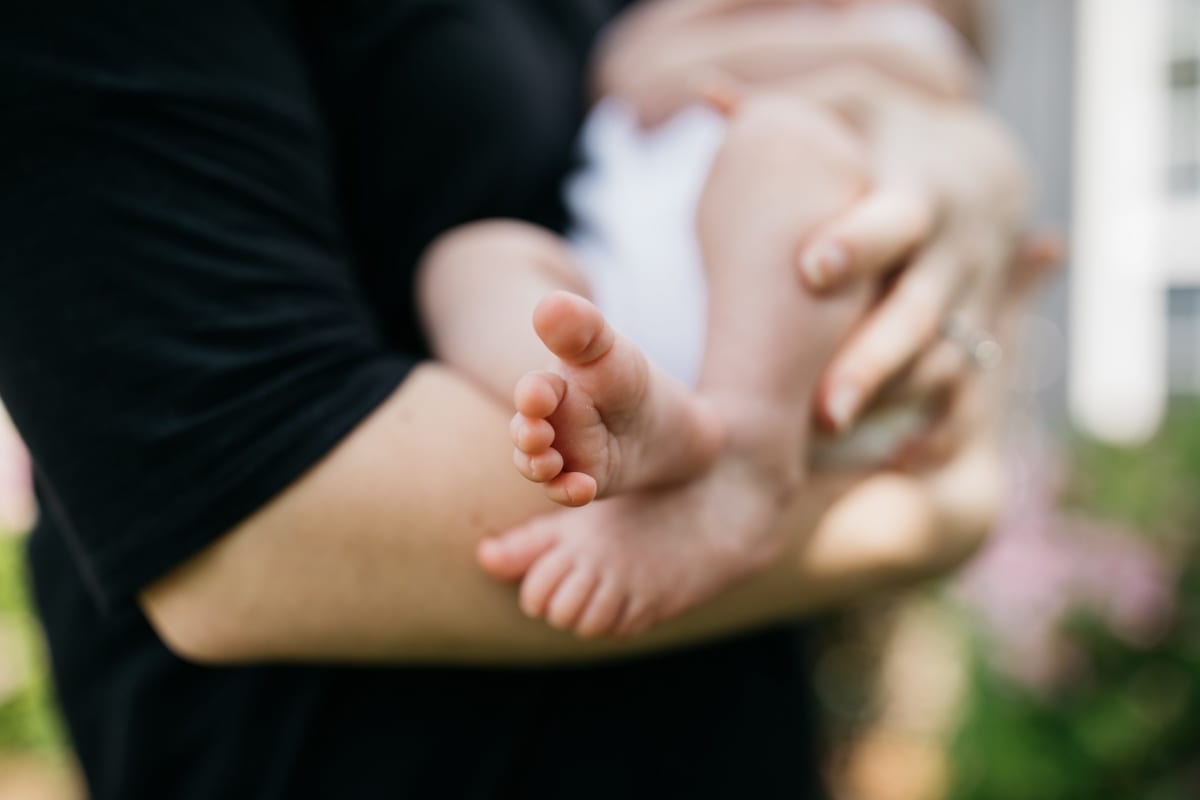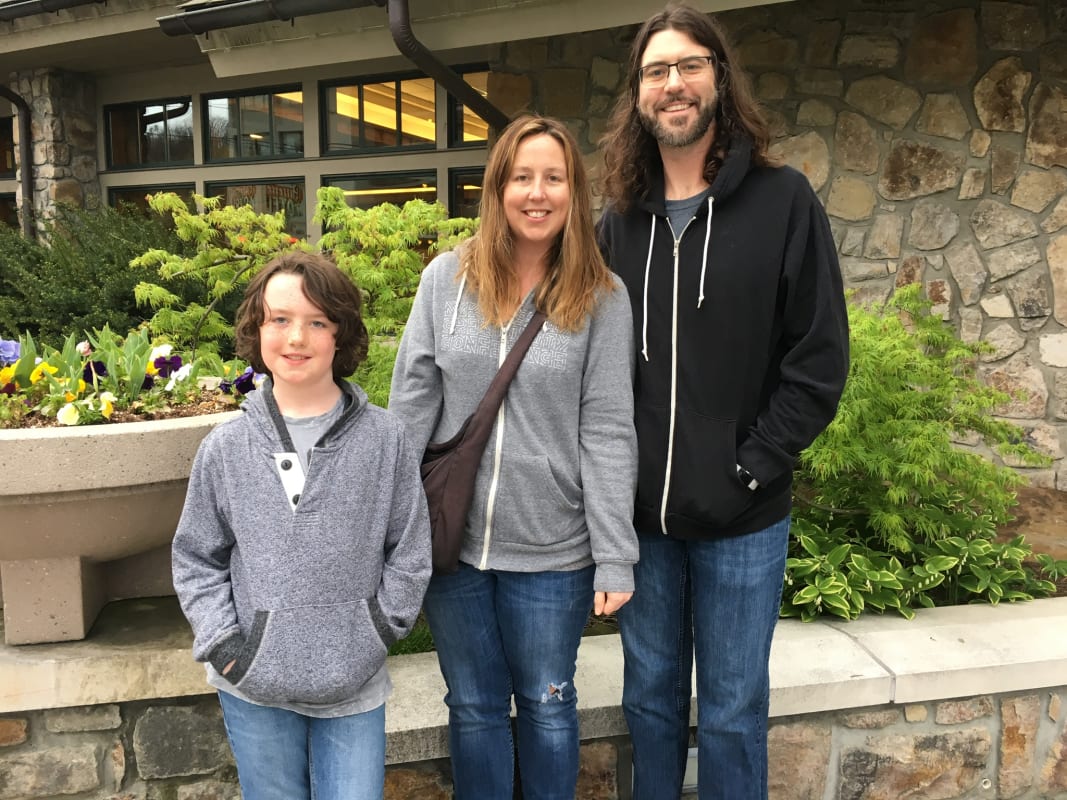
This article was produced with help from The Lullaby Trust.
If you’re a parent, you may have heard stories of families with a seemingly healthy baby dying without warning.
Such deaths are rare: recent data from the Office for National Statistics shows that unexplained baby deaths are now at an all-time low. But losing a baby or a young child and not knowing the cause of death is one of the most difficult experiences any family can face.
There’s more work to be done
There were 42% fewer cases of sudden infant death syndrome (SIDS) in 2017 than in 2004, and 82% fewer than in 1991. This drop is thanks in no small part to awareness raised about how to reduce the risk of SIDS by the charity, The Lullaby Trust.
However, on average four babies a week still die of SIDS. The charity is clear that there’s still plenty of work to be done to ensure the number of deaths continues to go down.
Speaking to the Guardian, The Lullaby Trust’s Chief Executive, Jenny Ward warned against complacency. “Without consistent access to safer sleep information for all families, increases in the number of deaths could occur.
“If all parents were made aware of how they can reduce the risk of SIDS, we would see a much more significant reduction in the number of babies dying,” she said.
What is The Lullaby Trust?
Founded in 1971 by bereaved grandmother Nancy Hunter-Gray, The Lullaby Trust was created to support families and raise awareness of sudden infant death syndrome. Today, the charity offers parents, families and professionals expert advice on safer sleeping for babies. It also helps bereaved families cope with their loss.
What is sudden infant death syndrome?
Sudden infant death syndrome is the unexplained, unexpected and sudden death of a seemingly healthy baby. It used to be referred to as ‘cot death’ because some of these deaths happen while babies are sleeping in their cot, but babies can die from SIDS anywhere they fall asleep. While premature and underweight babies are particularly at risk, the cause is unknown.
Many parents are aware of SIDS, but not everyone knows that the risk can be lowered with a few simple precautions. These include following safer sleep practices and avoiding exposure to tobacco during pregnancy and after birth.
What help is available for bereaved parents?
As well as raising awareness, The Lullaby Trust does a lot to support the families affected by the loss of a baby or young child. A free bereavement helpline is available at 0808 802 6868, and the team also offer online support through email exchanges and a closed Facebook bereavement support group. The Lullaby Trust helps organise family days out, as well.
Ongoing, longer-term help is also offered through the charity’s Befriender program. Through The Lullaby Trust, bereaved family members can receive support from someone who has also suffered the loss of a child, grandchild or sibling.
“Being a Befriender and supporting others when they need it helps some meaning to come from what happened to us, and I’m always honoured that people share their stories with me,” says Robert, whose daughter Sophia died from SIDS in 2012. He is one of many volunteers who give their time to help The Lullaby Trust.
How can I support The Lullaby Trust?
The Lullaby Trust does not receive any government funding. Instead, it relies on donations and gifts through wills to fund its life-saving work.
If you’d like to help The Lullaby Trust by leaving the charity something in your will, it’s incredibly easy to do here on Beyond. In just 15 minutes, you can make a legally binding will online from home. Simply click here to start making a difference.
The Lullaby Trust has helped reduce sudden and unexpected infant deaths in the UK by 82% since their very first ‘Back to Sleep’ campaign in 1991. To find out more about their work or make a donation, visit their website.


